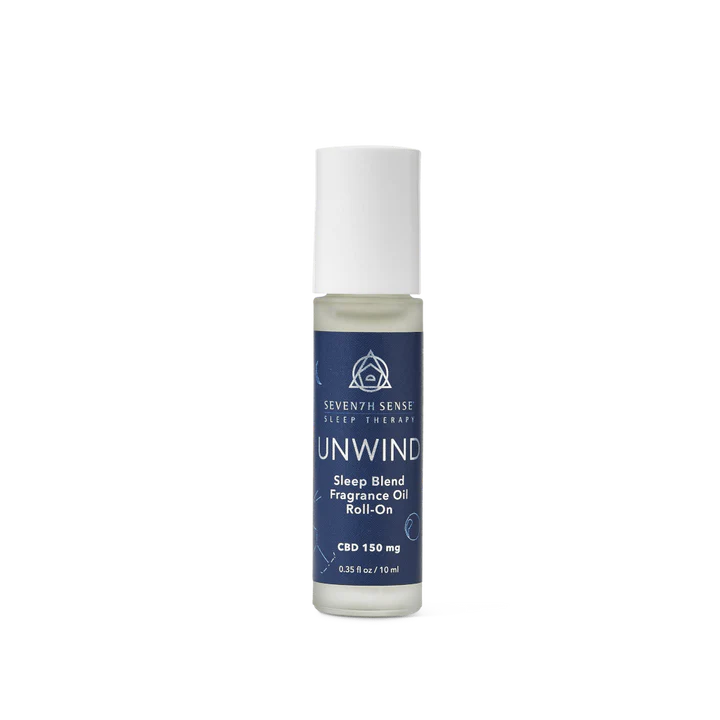10 Failing Answers To Common CBD USA Legal Questions Do You Know The R…
페이지 정보
작성자 Cliff Kater 댓글 0건 조회 38회 작성일 24-03-05 04:59본문
 Is CBD Legal in Your State?
Is CBD Legal in Your State?The laws in every state are different regarding CBD. If the CBD content of the product you're buying is less than 0.3 percent, it is likely legal in your state.
How do you tell if it is legal? It's a complex question, but there are several methods to determine.
Legality of CBD in the United States
The legality of CBD in the United States is complicated, and state laws often conflict with federal regulations. Before you decide to purchase CBD products it is essential to check the laws in your state and in any destination you intend to visit.
CBD derived from hemp is legal in many states, as long as it has a concentration of tetrahydrocannabinol (THC) below 0.3 percent. However hemp-derived CBD is technically still illegal in Nebraska and Idaho as both states have not removed hemp from their controlled substances acts.
Despite the legality and legality of hemp-derived CBD products, some retailers could still be at risk of being reprimanded when they fail to conform with the laws of their state governing their sales and marketing. For instance, Louisiana, Texas and Iowa require retailers to register or obtain a handler's permit to be able to legally sell hemp-derived consumables within those states.
Businesses that sell CBD-based products must be in compliance with state laws. They must also ensure that they market their products according to the FDCA (does not make unsubstantiated statements about drugs or make unsubstantiated claims) and that they are verified under FDA's Generally Recognized as Safe (GRAS) or New Dietary Ingredient (NDI). NDIs are ingredients that are not currently approved by the FDA as a drug however, they have been proven to be safe and effective for use in dietary supplements or food items.
Because CBD is made from cannabis plants CBD can cause adverse side effects in certain people. This is why it's vital to consult your doctor before taking CBD.
Anxiety and nausea are two of the most commonly reported adverse side effects of CBD. These adverse effects are especially prevalent in children and pregnant women.
CBD can also interact with prescription medicines including certain sedatives as well as blood thinners. It may increase the risk of developing seizures. It is crucial to speak with your doctor prior to starting using CBD particularly if any medication is in use.
Many states are taking measures to protect consumers as the CBD industry grows. This is particularly relevant to those who purchase shop cbd Products-based products from online. Many states have implemented strict registration and licensing requirements for both brick-and-mortar and online retailers and can be costly and time-consuming.
Legality of CBD in Colorado
As one of the more progressive states in cannabis legalization, Colorado is a great starting point if you would like to know more about the legality of CBD. The state has a number of shops that are legal and which sell CBD products, including head shops, vape stores, natural health stores, wellness centers, shop Cbd products and online retailers.
It is important to understand that CBD is legal in Colorado in the event that it comes from hemp plants with less THC than 0.3 percent. This makes it simple to buy CBD in the state since you don't have to worry about violating any local laws or regulations.
The Farm Bill of 2018 also removed industrial hemp from the list of prohibited substances. This means that you are able to legally buy and possess industrial hemp-derived products, including CBD oil.
There are also restrictions regarding how CBD can be used in the state of Colorado. For instance, you cannot make use of CBD to treat medical conditions for those who aren't yet 21 and you can't buy CBD oil containing more than 0.3 percent THC.
A prescription is required to legally sell CBD. It is not allowed in dietary supplements or foods or used to make medicines.
Fortunately, the majority of CBD products are designed to be transparent with the consumer, which means that you'll discover all the information that you need on the product's label. This includes the amount of CBD that is in the product, any health claims made about the product and the third-party lab report.
This is why it's essential to read the label carefully before purchasing any CBD product. Many brands also offer various other information on their websites, to help you make an informed choice about whether or not a particular CBD product is right for you.
If you're in search of the top CBD in the state of Colorado There are a variety of quality products from reputable brands. Some of these brands even offer free samples to try before you buy a full-sized bottle.
Legality of CBD in California
The legality of CBD in California is a subject that is not easy to answer. While the federal government has passed a series of laws to allow for the production and sale of CBD products, it is not clear if these laws apply in the state.
The state of California recently signed AB 45, which is designed to break the state's impasse with the Food and Drug Administration regarding the use of CBD in products for dietary and food supplements. The bill allows non-intoxicating hemp extracts containing less than 0.3% THC to be added to various foods and Shop Cbd Products dietary supplements, but it also requires that such products be tested by an independent laboratory.
Although the law appears to be a win-win situation for both cannabis and cbd shops usa interests However, it's a complex piece of legislation that raises many questions about its impact on manufacturers, consumers, brands, and other stakeholders in this fast-growing industry. Employers must be aware of the rapidly evolving legal landscape in California with regard to hemp and CBD products.
Apart from AB 45, there are many other regulations that the state has put in place that will impact CBD and hemp producers. These include registration and licensing requirements and various other regulations that apply to manufacturers in this industry.
If you plan to produce hemp products that can be inhaled, for instance, you'll require a license from the Department of Public Health. Similar applies to smokable and edible hemp products.
Lastly, if you are seeking to purchase CBD in the state of California, you need to be at least 21 years old in order to do so. To obtain a medical card you need the permission of your parent or legal guardian, and a doctor's recommendation.
It is essential to speak with a knowledgeable lawyer who can assist you in understanding the laws and regulations that govern hemp and CBD products in California. The lawyer will provide all the necessary information to assist you in ensuring that your business doesn't violate any local laws.
Legality of CBD in Oregon
CBD is a derivative of the cannabis plant, is legal in the state of Oregon. As opposed to other states of the union, it is legal to purchase CBD products without a prescription. You can purchase them over store shelves at local dispensaries as well as on the internet.
The laws surrounding CBD in Oregon are quite clear and have been in force since 2014 when the state was legalized both medical and recreational marijuana. A large market has developed in Oregon due to the state's relaxed rules for hemp production. This has made it a very popular spot for companies who produce CBD products.
Hemp-derived CBD oil contains no THC and cannot produce any psychoactive effects. It is legal to purchase at specialty stores, vape shops or health and wellness centres and a plethora of online retailers in Oregon.
You must be 21 years old age to smoke cannabis flower or CBD vapes. This is because smokable goods contain more THC than edibles, which means that they are considered to be adult-use substances and therefore are illegal to sell to those who are not 21 years old.
Non-smokable CBD-infused products can be purchased, including concentrates, oils, and tinctures. These products are safe, but may cause stomach discomfort or nausea.
Be on the lookout for CBD products that are made in Oregon. Make sure you read the labels and only buy CBD products that are organically produced on Oregon farms. This ensures that CBD oils are not contaminated with pesticides and other harmful chemicals.
When searching for CBD in Oregon, another important thing to consider is that CBD products should have been tested by accredited laboratories and must meet strict quality standards. This is to protect the public from substandard CBD products that may be unsafe or make claims that are not supported by evidence.
It is also important to ensure that the CBD product you choose to purchase does not exceed 0.5 mg of THC. The OLCC regulates both recreational and medicinal marijuana.
Oregon has been a pioneer in the legalization of hemp and marijuana for more than two decades which makes it one of the most progressive states in the United States. But despite its extensive history with cannabis, the state has not yet fully embraced the hemp and CBD markets. This could change as long as the federal government keeps updating its status on these forms of cannabis.

댓글목록
등록된 댓글이 없습니다.

